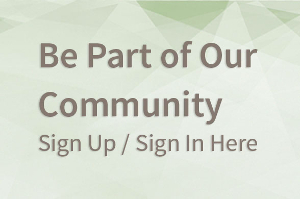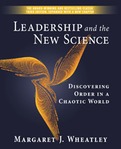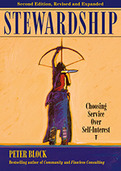BK Blog Post
Five Tough Questions to Measure Your Character & Competence
 Posted by
Jeevan Sivasubramaniam,
Vice President, Editorial,
Berrett-Koehler Publishers Inc.
Posted by
Jeevan Sivasubramaniam,
Vice President, Editorial,
Berrett-Koehler Publishers Inc.
As a special to all newsletter subscribers, Oxford University PhD, Fulbright Scholar, and author Timothy R. Clark has written this piece exclusively for readers who want to immediately assess and begin acting on their character and competence:
"When I coach a CEO, I ask him or her to 'de-accessorize'--to lay aside the artifacts of title, position, and authority. Why? Because leadership has little to do with these things and everything to do with (a) the nature of your intent, and (b) the manner of your influence. If I can get a read on these two things, I can gain an astonishingly accurate measure of your leadership capacity and potential as reflected in both your character and competence.
I like to use five questions to plumb the depths of intent and influence patterns in CEOs. Let me share these questions with you and invite you to assess your unedited self:
1. What is your tolerance for candor? This question is a barometer of organizational health and a proxy indicator of collaboration. CEOs who tolerate high levels of candor avoid the reality distortion field and impaired judgment that come with hubris. They create psychological safety and a “speak-up” culture by granting people an unlimited-use license to disagree and challenge the status quo.
2. Do you learn at or above the speed of change? This question measures learning agility and disposition. Do you demonstrate a pattern of aggressive, self-directed learning through questions and discovery, or are you caught in the antiquated mindset that you must be the repository of answers and the dispenser of wisdom?
3. What level of accountability do you apply?--(1.) task, (2). project/process, or (3). outcome. This question measures empowerment and the transfer of ownership. Do you put people on short leashes and micro-manage them, or have you become a student of leverage by establishing goals, metrics, and consequences and letting people soar?
4. Do you deflect or auto-correct? This question measures humility and basic integrity. Self-awareness is an enabling precondition for development, but ongoing self-awareness depends on your willingness to act on feedback. The alternative is to repudiate feedback using three primary forms of deflection: denial, blame, or excuse.
5. What is your mode of influence?--(1). manipulation, (2). coercion, or (3). persuasion? This question measures core intent and regard for humanity. On the spectrum of influence, we use manipulation at one end to gain advantage through deception. At the other, we use coercion to muscle and press people into service. In the middle lies persuasion, a realm that relies on the rocket fuel combination of empathy and expectation.
Leadership is about blessing not impressing, service not status, achievement not amusement, contribution not consumption. It’s the most important applied discipline in the world and worthy of your very best efforts."






